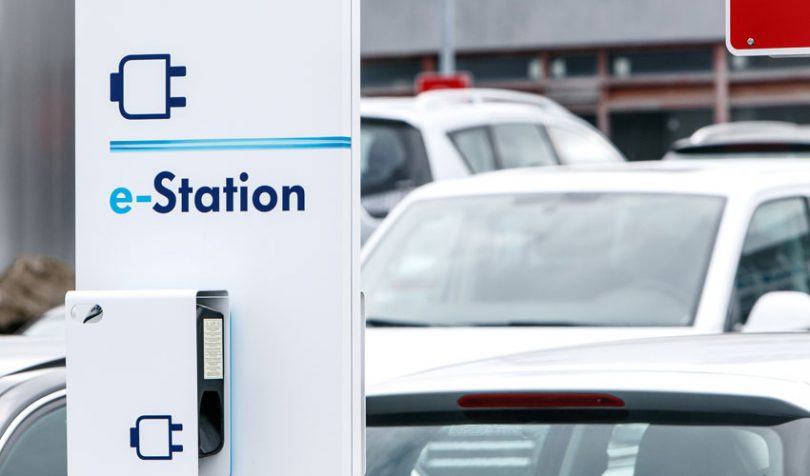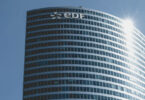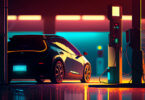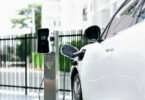On May 15th, Bosch released details of its distributed ledger technology (DLT) based prototype for electric car charging. Their software aims to integrate with ‘smart’ processes in the automotive industry and was featured at the firm’s Internet of Things (IoT) ConnectedWorld conference in Berlin.
Bosch’s prototype promises to streamline the current charging process, so drivers can find a station, reserve their spot, and pay without hassle, with the car doing much of work by itself. Energy supplier EnBW is a partner in the project.
The German company predicts that IoT market volume will rise to $250 billion by just next year – a 35% increase. ConnectedWorld, Bosch’s IoT focused conference, is in its sixth year and expects 5000 visitors.
The key points made at the conference include progressing from the internet of things to the economy of things, where connected objects automate processes with each other. Bosch CEO, Dr. Volkmar Denner, commented: “In the future, things will not just be connected in order to communicate, they will do business together.”
To maintain trust between objects, DLT and blockchain technology is being widely applied, as in Bosch’s car charging prototype.
The prototype takes user preferences, such as wanting to use renewable electricity or park near a café, to find a suitable charging spot. An application of the economy of things, the car could communicate with the charging station to provide real time pricing and availability information.
Reserving and paying for a charging service is entirely a blockchain process. Bosch applies DLT to create an immutable ‘receipt’ for electric car owners, while also mitigating any parking space disagreements.
In fact, another feature of the conference is Bosch’s work with Siemens on a DLT parking management system. The two firms are both involved in the Trusted IoT Alliance’s automotive ‘Smart E-Mobility Challenge’, where Bosch bought an electric Jaguar I-PACE for testing.






